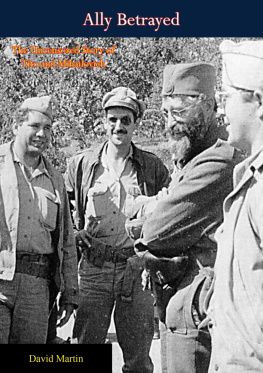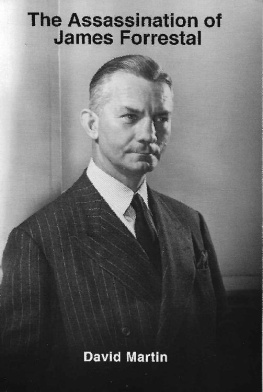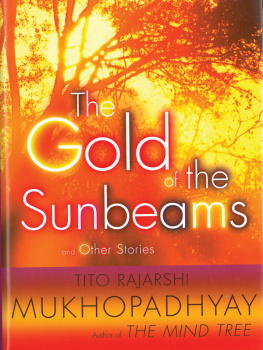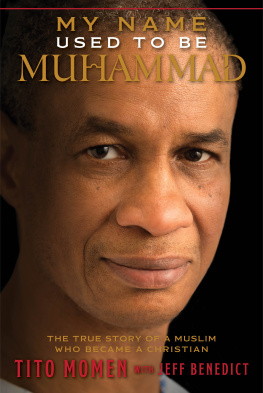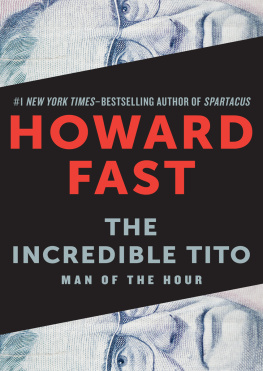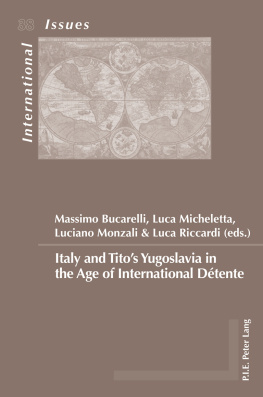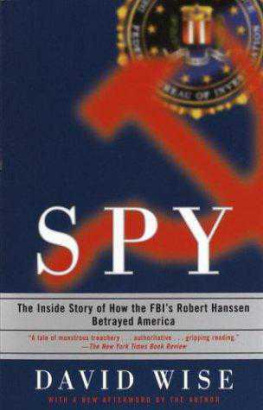FOREWORD
THE TRIAL OF MIHAILOVICH WAS a masterpiece of a kind in which our age is not infertile. It was, of course, a work of art. It had none of the veiled quality of an event which will not disclose its meaning except under research and after the lapse of time. It produced an effect which could instantly be grasped by the human mind, for it had been planned not by Providence but by a human mind, which intended it to produce just that effect.
There were certain ends which had to be achieved at all costs by the planning mind. Mihailovich had to be killed, to teach those who will not obey the commands of Communism. He had to be presented in a ridiculous light, lest a legend should grow up round his name, and he should become the inspiration of those who wished to throw off the Russian domination of Yugoslavia. So sometimes he had to be sent into court shambling and maundering, and futile and eccentric witnesses had to be found to give testimony in his favor. The case that had been put for him in certain English and American periodicals had to be met; so sometimes he himself repeated it, so that they could be ridiculed by the prosecution; and repeat it he did, with odd fidelity, bearing out facts, often greatly to his advantage, which the English and American writers he was echoing had had to leave out because they wrote during the war and had to consider the censorship. It was necessary, too, in the opinion of the mind which planned this trial, that it should stir up ill feeling against Great Britain. Therefore Mihailovich had to give testimony that the officers of the British Military Mission had ordered him to fight the Partisans; so he gave this testimony with the precision of an automaton. But sometimes he had to be allowed to speak in his own person, with an unclouded mind, of the experience that was truly his, so that those of us who could recognize that experience should know that it was indeed Drazha Mihailovich who was being tried, and, if we were simple-minded, think that all through his ordeal he had been his sane and healthy self. Decidedly this trial was a work of art, evasive and subtle in conception, polished in execution. But practice makes perfect.
The technique by which the artist works is still his secret. But how it came about that he had his opportunity is told in this volume, with commendable courage, by David Martin. The story he tells is not complete. This was a very large-scale operation. But so far as he tells it he has scrupulously followed fact. I, who derived my information from other sources, can vouch for that. The trouble is that to read this story, so honestly and industriously compiled, one must have a strong stomach and a willingness to admit that, as a community, we are morally and intellectually tainted.
Mihailovich was ground between the upper and the nether millstones of Communism and Militarism.
The Communists were obliged to discredit Mihailovich, because he represented the professional army of Yugoslavia, and it was part of the Communist line, as has been seen in every European country, to discredit all Resistance Movements except those under Communist leadership. He also might have become the nucleus of a movement for the establishment of a new Yugoslavia on Liberal but not Communist lines; for he was not, as has been pretended, of Fascist or even Right Wing sympathies, but was an old-fashioned Liberal. For this reason he had to be blackguarded as a traitor, at all costs, even to the total surrender of truth by the people who carried on the attack.

